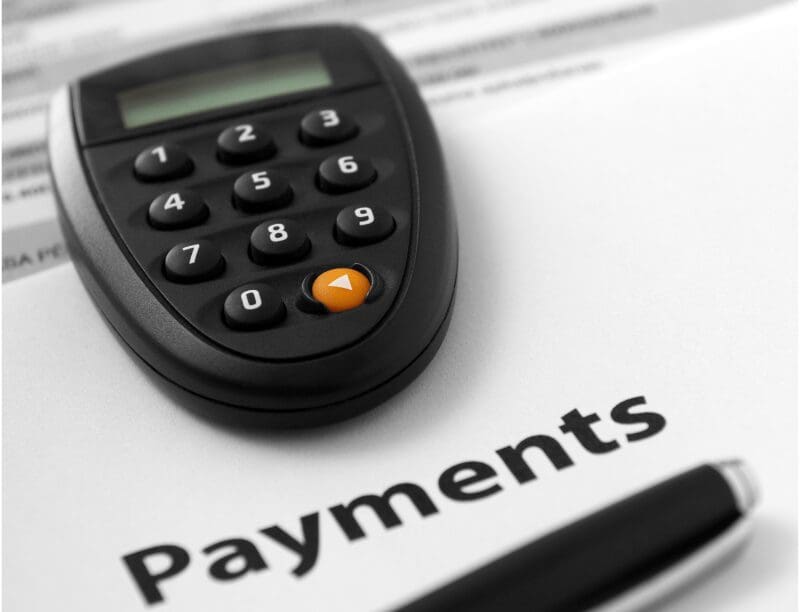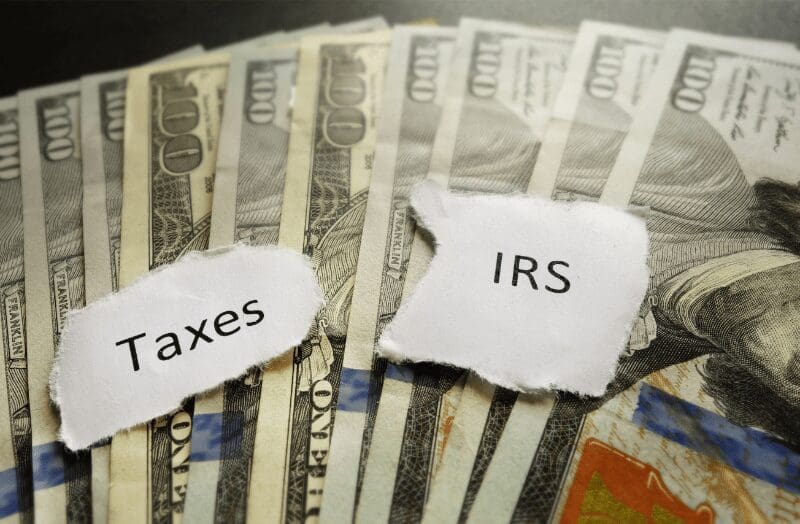Late tax filing? Not able to pay what you owe? 3 things you can do to avoid or reduce IRS tax problems and IRS tax debt.
 Not filing your tax return on time and/or ignoring what is due can have potentially dire consequences. It is a problem you must take care of quickly or it can become a constant crisis that seems you can never resolve on your own.
Not filing your tax return on time and/or ignoring what is due can have potentially dire consequences. It is a problem you must take care of quickly or it can become a constant crisis that seems you can never resolve on your own.
Do not feel alone. Generally, taxpayers who miss the tax deadline date either ran out of time or did not have the money to pay the tax owed. However, the worst thing you can do is to do nothing. Here are three things you need to do to avoid or reduce a nasty tax bill:
1. File your late taxes even if you owe
“I am going to owe and don’t have the money to pay, so I won’t file my tax return.” Unfortunately, most non-filers think this way, but it is a huge mistake. Always file on time, even if you will owe the IRS. The IRS assesses penalties for non-filers (called the failure to file penalty). This is 5% of the amount of unpaid taxes each month, up to a maximum of 25%. In some cases, the late filing penalty can be higher than the late payment penalty so be sure to file as soon as possible if you have missed the deadline.
If this is your first offense, be sure to ask the IRS for penalty abatement of the failure to file penalty after you have filed. Do it again and they will not be so forgiving.
If you are due a refund, there is no late filing penalty. 2016 tax returns that are due a refund have until April 18, 2020 (October 16, 2020 with an extension) to file with the IRS before the statute of limitations on the refund runs out. If you do not file by then, unfortunately the U.S. Treasury keeps your refund.
2. Pay what you owe or pay as much as you can
If you can, pay the full amount of tax debt owed or pay what you can to reduce it. The failure to pay penalty is 0.5% of the amount you owe each month up to a maximum of 25%. If both the failure to file penalty (discussed above) and failure to pay penalty are due in the same month, the failure to file penalty is reduced to 0.5%.
If you applied for an extension, you will have an extra six months to file. It is important to estimate and pay what you think you owe for the year by the April deadline or as soon as you can. As discussed above, the IRS will assess a failure to pay penalty equal to 5% of the tax you owe per month, up to a maximum of 25%.
And don’t forget about interest. On top of all the penalties, the IRS charges interest at 3% plus the federal short-term rate, compounded each day (see also Rev. Rul 2017-6 Determination of Rate of Interest). This can all add up to a hefty tax bill that keeps increasing exponentially.
Be very aware also that if you never pay, you may be assigned an IRS revenue officer who can show up at your door. They have very aggressive collections tactics. And of course, the worst-case scenario is that you can be charged with a crime.
To make matters worse, your travel plans may be cancelled. In late 2015, Congress passed a law that allows the U.S. State Department to revoke taxpayers’ passports or deny passports to those who owe more than $50,000 to the IRS and are not in an agreement to pay.
Try to avoid late filing next time or file an extension, and do everything you can to pay off your IRS tax debt quickly. To make a payment go to the IRS website at IRS.gov and choose an electronic payment option.
3. Apply for an IRS installment agreement (“IA”) if you have a late tax filing
If you cannot pay in full, apply for an IRS installment agreement online or attach IRS Form 9465 Installment Agreement Request to the front of your tax return. To qualify online, you must owe $50,000 or less, including all interest and penalties. Please see IA specific instructions when filling out and applying for an installment agreement.
And remember, to stay in an installment agreement and avoid a default, you must:
- Understand all future tax refunds will be applied to your tax debt until it is paid in full;
- Pay at least the minimum monthly payment when it is due;
- Include your name, address, SSN, daytime phone number, tax year and return type (generally 1040) on your payment;
- File all required tax returns on time and pay all taxes in-full and on time (contact the IRS to change your existing agreement if you cannot);
- Make all scheduled payments; and
- Ensure your statement is sent to the correct address. Contact the IRS if you move or complete and mail Form 8822, Change of Address.
If you owe more than $50,000 or cannot pay an adequate amount under an installment agreement, consider getting help from a tax attorney specializing in IRS tax debt resolution and strategy. A skilled attorney will review your financial situation and strategize with regard to resolving your tax problem.
The San Diego Tax Attorneys at Delia Law have many years of tax resolution experience and will competently represent you before the IRS for a late tax filing. Please call for a no-cost tax attorney consultation at (619) 639-3336. We look forward to helping you.
This blog post is not intended as legal advice and should be considered general information only.











